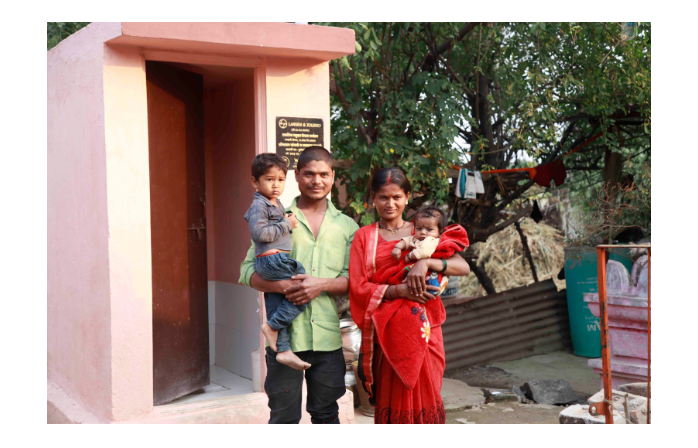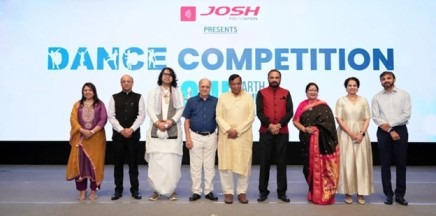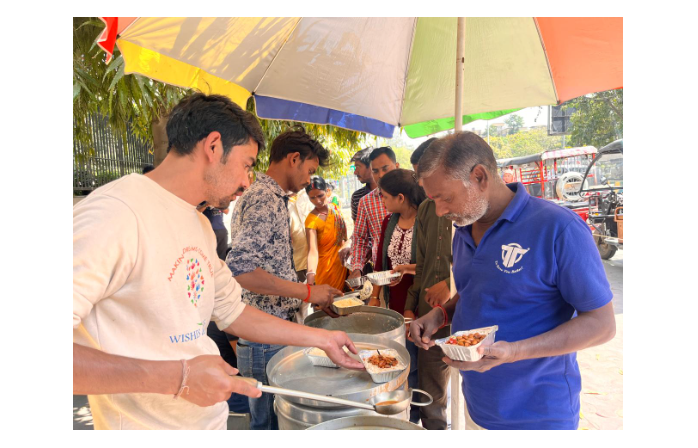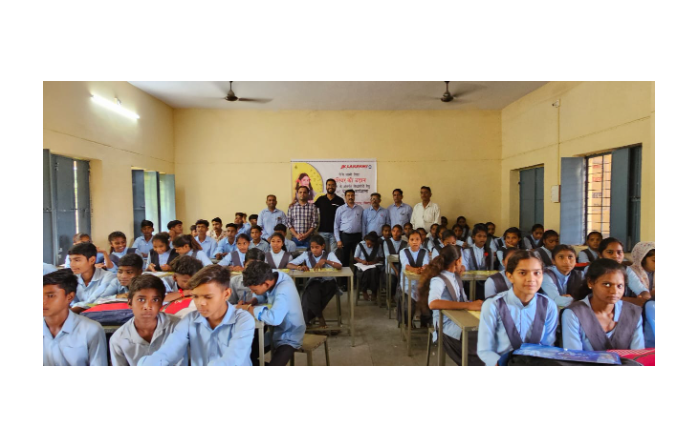Reading into Change. This NGO Sets Up Libraries for Rural Communities
February 17, 2023
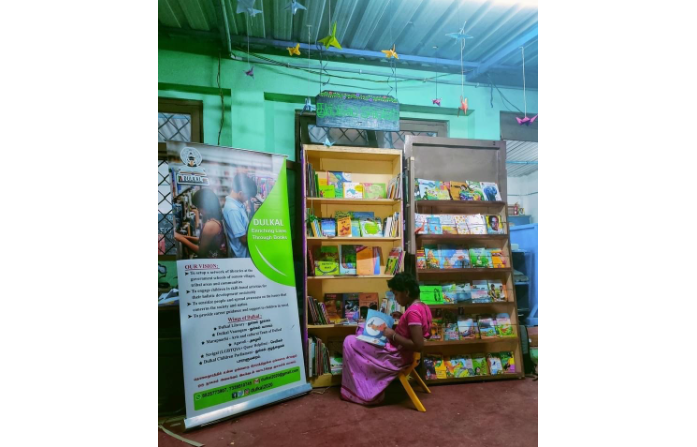
Dulkal Library
Literacy is one of the most essential indicators of the quality of a country’s human capital
About 86 million more rural Indians have been counted as illiterate than the 2011 census data found. This is revealed by the Socio Economic and Caste Census (SECC), which counted 315.7 million Indians in rural areas as illiterate in 2011, the same year as the census and the highest number of illiterates of any country in the world.
The high rates of illiteracy among Indian women—and the corollary gender gap in literacy attainment—are attributable to many social, economic and cultural factors. Even as the benefits of female education are public—including a more productive workforce, lower fertility and lower infant mortality—the costs such as tuition fees and school supplies as well as opportunity costs of forgone child labour, are privately borne by households.
This leads to underinvestment in women’s schooling. Accentuating the disadvantage for women are the social restrictions on their mobility that prevent an educated woman from entering the labor force and offering support to her household.
The educational gender gap, therefore, is not only a reflection of the low economic returns to female education but is also a symptom of the entrenched biases that discourage the aspirations of women and other marginalized communities.
But, this is not the vision for 2020. The late President Dr APJ Abdul Kalam, introduced the stirring idea with a focussed manifesto for change, he laid the path for the country’s future generations — to dream, create, take action and step into a brave new future filled with possibilities and opportunities.
A future, where the rural-urban divide is reduced to a thin almost invisible line, there’s equitable distribution of resources, and education is not denied to any meritorious candidate because of socio-economic discrimination.
A catalyst for change
Chennai’s Dulkal Library is the newest catalyst for change to join this movement. A youth-led initiative, Dulkal aims to set up a network of libraries at government schools in remote areas, tribal villages, and communities that have no access to books or knowledge-giving tools.
Inspired by Kalam’s words and the vision he had for ‘Gen Next’, Dulkal was formed by five youngsters — Karthikeyan Panchanathan, Leela Karthiga, Mini N, Marian Britto and Amritha Prem in January 2020.
They are working professionals from different sectors but contributing for causes along with NGOs. This has always been something they have been passionate about.
In the heart of these causes they’ve worked for, children have always been the focus.
With this as a common thread the team formed Dulkal, to shape and change the lives of children. In 2020, Dulkal received its first request from St Antony’s Primary School in Aniyeri, Villupuram, to set up a library in its premises.
The second library was inaugurated on March 15 at the Government Higher Secondary School, Vengalathur, Tiruvannamalai, with 528 books for children between classes 1 to 10.
A holistic approach
For Dulkal and its volunteers, setting up a learning space for children doesn’t start and end with the action of stacking books in a room. The team has a multi-step process of receiving and filtering requests based on priority, student needs, accessibility, conducting book donation drives and fundraisers, handpicking books from publishers and distributors, segregation and finally, setting it up.
The funds are raised by curating crowdfunding campaigns and also from corporates that contribute as part of their CSR activities.
While setting up the library, the team ensures that the students and the community involve themselves in the process. This way, they not only become consumers but will also be accountable and play a role in its upkeep, along with the school authority.
The team also conducts sessions on child sexual abuse, menstrual health, environmental awareness, gardening, zero waste management, minimalism, fireless cooking, yoga, dance and art are also conducted.
You can follow them on social media for updates.
Source

Roshini Muthukumar, a native of Chennai, started her career as a content writer but made a switch to journalism to pursue her passion. She has experience writing about human interest stories, innovative technology, entrepreneurs, research blogs, and more. Previously, Roshini has done internships with The Hindu, Metroplus and worked as a correspondent with The Better India.
© Renalysis Consultants Pvt Ltd



.jpg)

